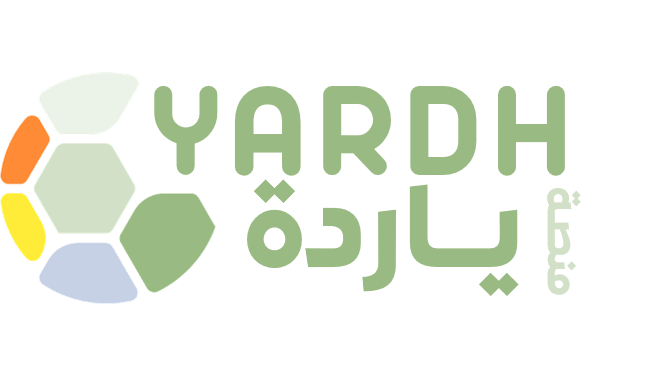Sustainability Commitment Plan
The Short Version *
At YARDH, we view sustainability not as a slogan, but as a responsibility and a strategic priority that shapes how we work, collaborate, and create impact. We believe football has a unique capacity to contribute to positive social, environmental, and economic change—particularly at the local and community level, where long-term transformation truly begins.
Our commitment is aligned with the principles of the United Nations Sustainable Development Goals (SDGs) and the Football for the Goals (FFTG) initiative. However, YARDH’s role is not to replicate global frameworks in theory, but to translate them into practical approaches that football organizations, communities, and leaders can apply in real-world contexts.
What Our Commitment Means in Practice
Applying Sustainability, Not Just Promoting It
We are a knowledge-to-practice platform. Our work focuses on converting sustainability principles into actionable strategies, tools, and methodologies that support football organizations in their daily operations and long-term development.
Embedding Sustainability Across Our Work
Sustainability guides the design of our projects, advisory services, learning resources, and partnerships. We prioritize approaches that strengthen financial resilience, environmental responsibility, and inclusive community impact.
Supporting Locally Driven Change
We work at the grassroots and local ecosystem level, enabling clubs, associations, and communities to adopt sustainable practices that are relevant, realistic, and context-sensitive.
Upholding Core Values
Our commitment is grounded in transparency, integrity, inclusivity, accountability, and impartiality. We aim to ensure that our guidance and services remain ethical, objective, and aligned with the broader public good.
Measuring, Learning, and Improving
We are committed to assessing the impact of our initiatives, learning from experience, and continuously refining our approach to sustainability in football.
Our Position
YARDH does not seek to be an academic institution, nor a conventional consultancy. We exist to apply knowledge where it matters most: in the field, within organizations, and across communities. Sustainability, for us, is a practical framework for leadership, governance, and project delivery—not an abstract concept.
By integrating sustainability into every aspect of our work, we aim to contribute to a football ecosystem that is more resilient, inclusive, and capable of creating long-term value for society.
For Further Details
For a comprehensive explanation of our sustainability framework, strategic approach, and implementation roadmap, please refer to the full document:
[Read the full Sustainability Commitment & Plan]

